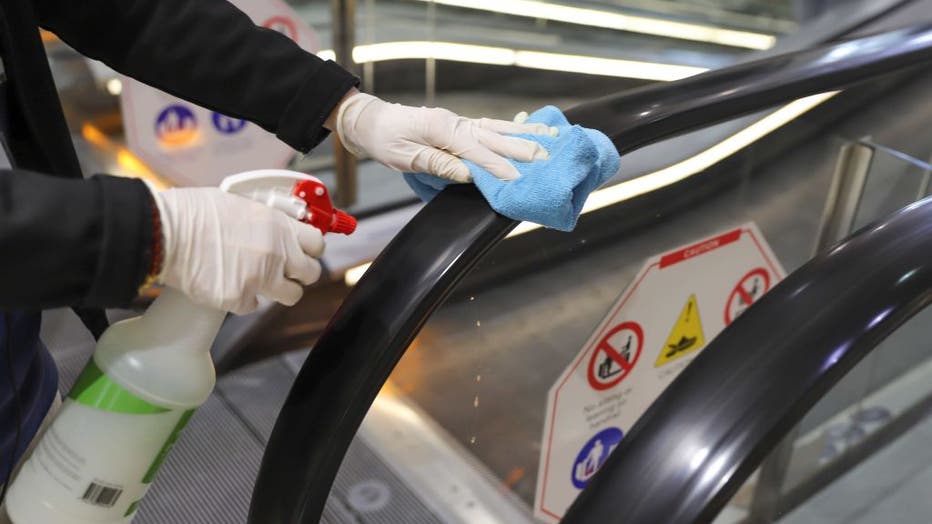The agency stressed the importance of maintaining a distance of one meter to avoid possible contagion.
Mexico.- The World Health Organization ( WHO ) assured that Covid-19 is not transmitted through the air, so it reiterated that it is not necessary to use Face Mask
The agency stressed the importance of maintaining a distance of one meter as a preventive measure to avoid possible coronavirus infections that are generated when an infected coughs, sneezes or speaks by expelling saliva.
The WHO indicated in a report released a few weeks ago that Covid-19 is transmitted through contact with droplets of saliva from an infected person.
He explained that the mask is a barrier method that works by stopping the saliva drops (droplets) that contain the virus and thus manages to keep others safe from contagion.
The virus does not float through the air
The World Health Organization ( WHO ) stated that the coronavirus cannot remain in the air, therefore there is no possibility of getting it only by breathing.
According to Vanguardia, he explained that the weight of the particles causes them to fall to the floor, so it is not absolutely necessary to use masks or face masks to transit the streets.
The agency conducted an investigation into the use of mouthguards in Singapore, where they analyzed air samples in rooms of infected people and did not detect that the virus has remained.
And it was revealed that the Covid-19 is heavy so it does not disperse more than a meter, because before it falls to the ground due to its own gravity, the aforementioned medium based on information from the newspaper Perfil.
Therefore, another form of contagion is if you touch a surface on which a person with the virus in his body has dispersed its drops when coughing or sneezing.

Rejection of the use of mouthguards for healthy people
The WHO said in late March that the coronavirus is not transmitted by air, but by contact with the aforementioned respiratory drops from patients affected by the disease.
Therefore, he rejected the use of facial protection for healthy people who are not in contact with those infected with Covid-19.
In a new publication, the WHO denies that the coronavirus could be suspended in the air for up to three and a half hours. In addition, it affirms that it is able to remain contagious on surfaces such as plastic or stainless steel for up to three days, while on cardboard for around 24 hours.
What does the latest research say?
The advisory group to the WHO is weighing up a new US study that suggests droplets from coughs and sneezes could be projected further than originally thought.
Respiratory droplets — which are considered to be the main way coronavirus spreads — are generally thought to travel short distances before falling onto surfaces near to the person who released them.
It’s why the WHO recommends people maintain a distance of at least 1 metre from anyone coughing or sneezing. The Australian Government advises individuals to stay 1.5 metres away from others.
But researchers at Massachusetts Institute of Technology found that, in laboratory conditions, coughs can project liquid up to six metres away and sneezes can reach up to eight metres away.
Professor Heymann told BBC News that if the evidence is supported, then “it might be that wearing a mask is equally as effective or more effective than distancing”.
Source: cdc.gov, bbc.com, notimex.mx, dynamed.com
The Mazatlan Post





